Home – Carbon Projects – Reforestation in Tanzania
Reforestation in Tanzania
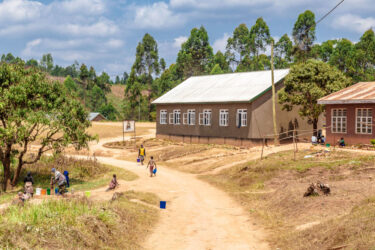
Home – Carbon Projects – Reforestation in Tanzania

This reforestation project in Tanzania is set up to combat climate change by replanting degraded forest land. It also contributes to an alternative livelihood for the people in the project area.

Location: Tanzania
Project Type:
Reforestation
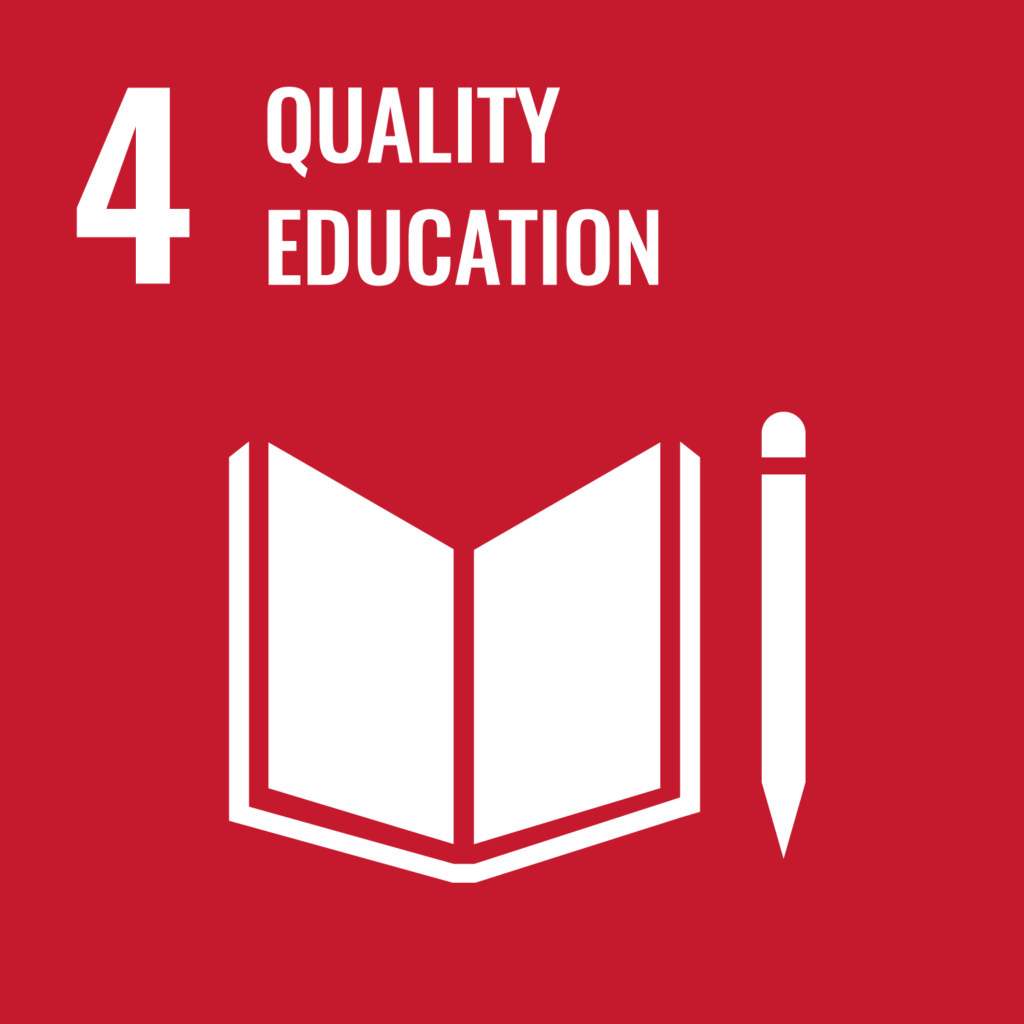
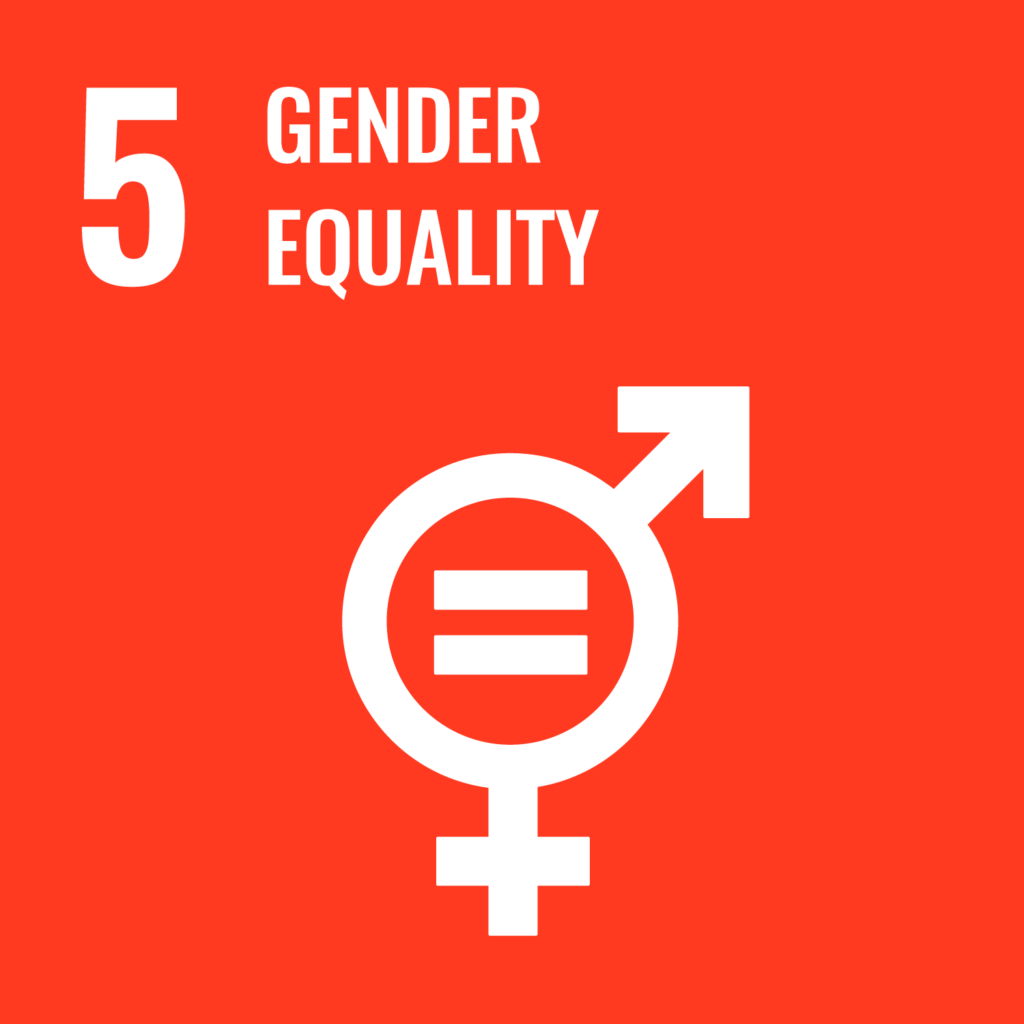
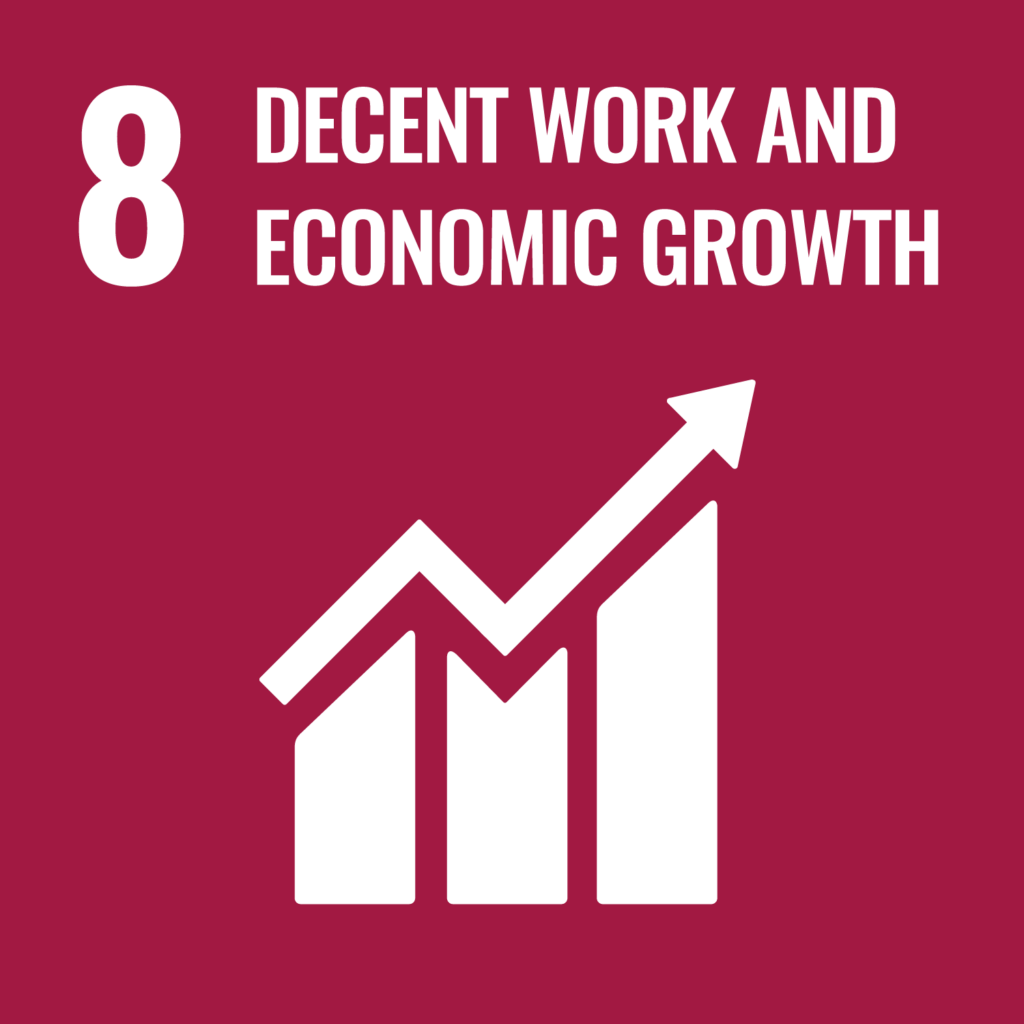
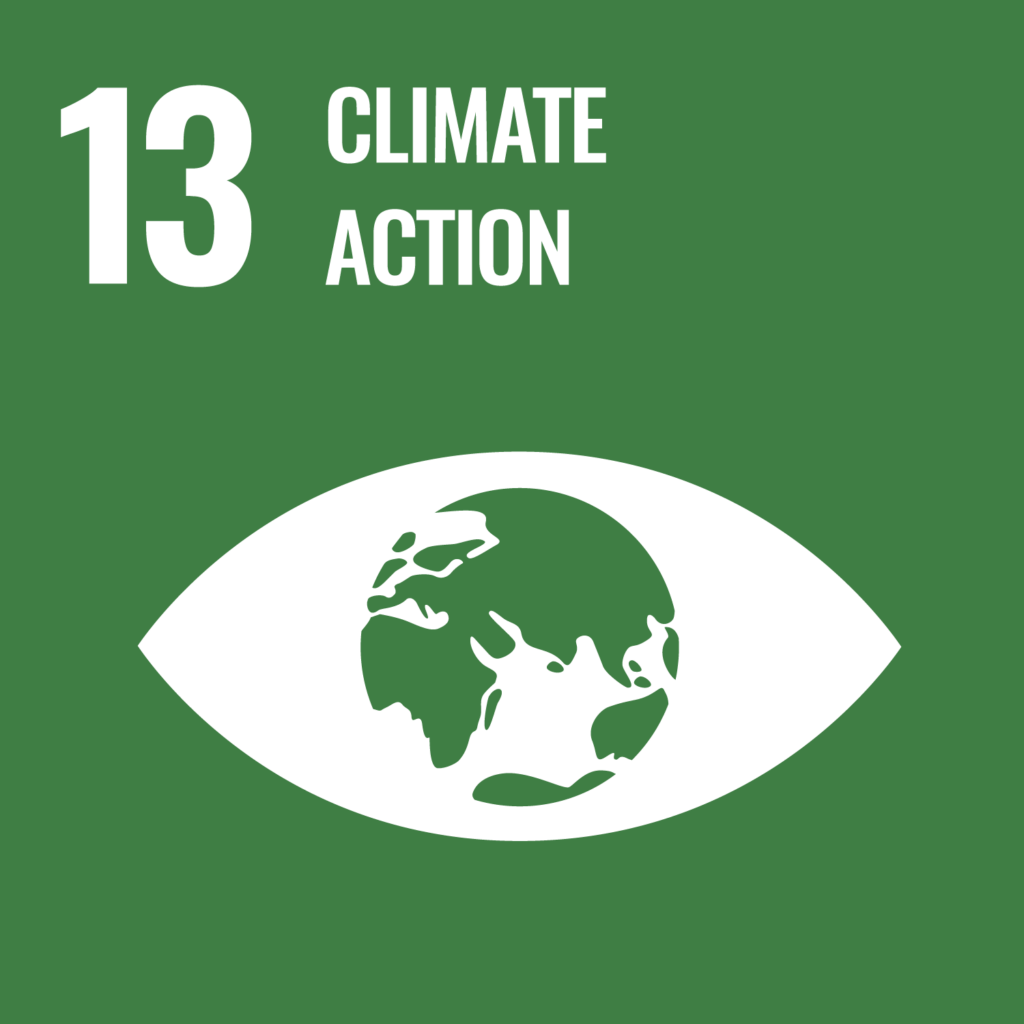
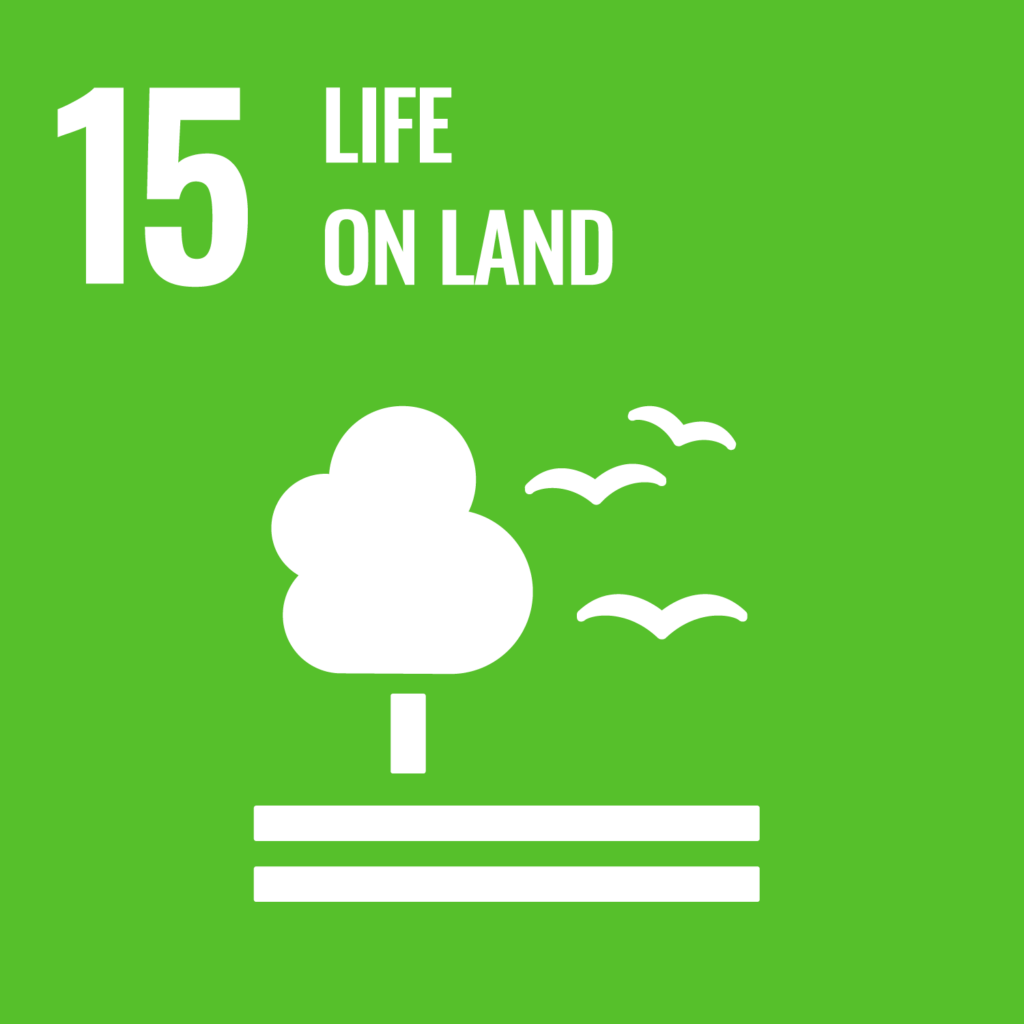


The project covers two areas: Uchindele and Mapanda forests in the poverty-stricken districts of Kilombero, Morogoro and Mufindi in south-west Tanzania. Unsustainable farming, timber production and forest fires have left large parts of the forest area barren and grassy.
By planting new trees in the affected areas, more than 10,000 hectares will be transformed into forests that once again absorb and retain CO2. To improve the local environment, the project also focuses on soil conservation, protection of water resources and improvement of biodiversity.
Through reforestation and sustainable forest management, existing indigenous flora and fauna are enriched and protected from extinction. To achieve all this, the project works together with local communities.
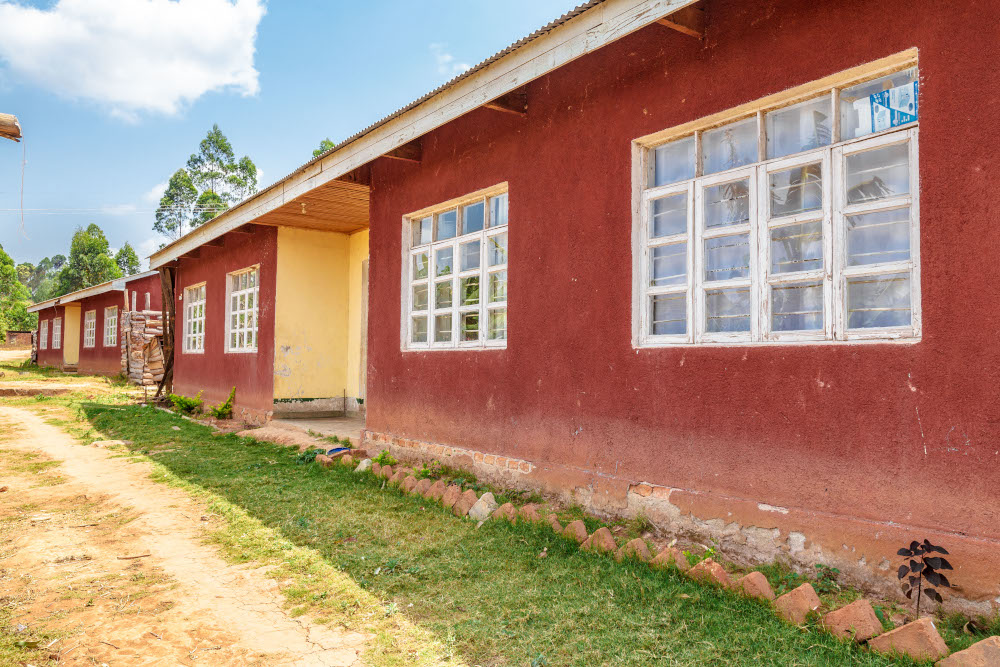
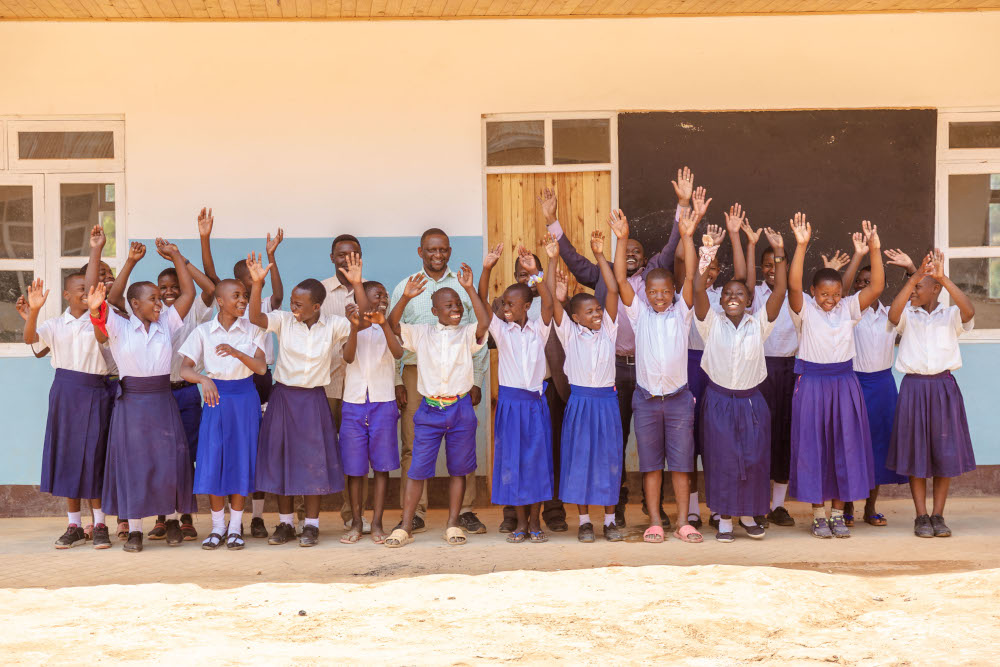

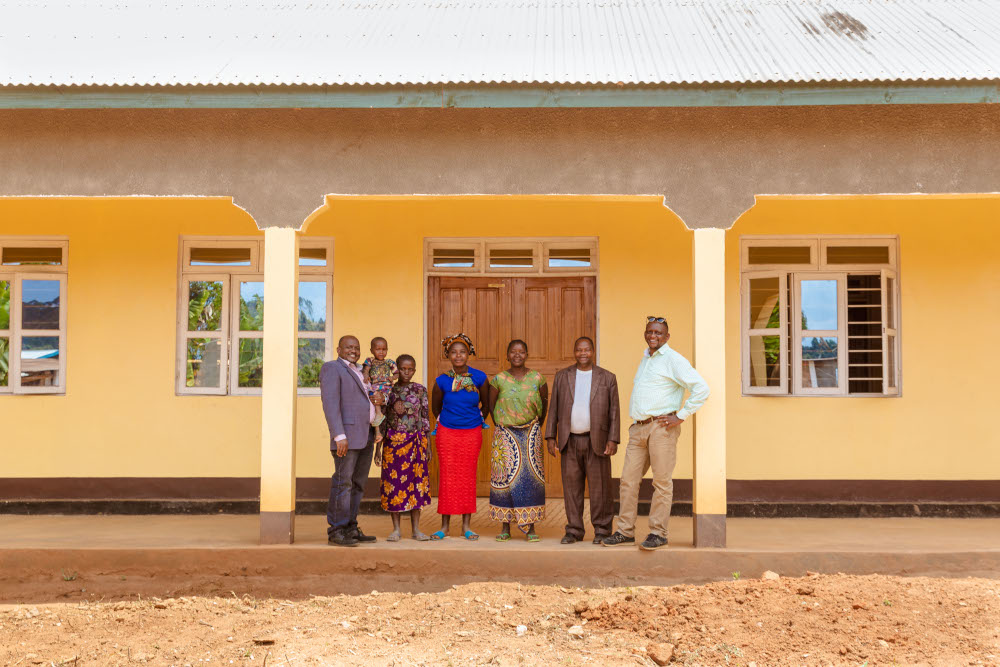
Over six hundred employees receive a monthly salary that equals 10% of the income generated by the climate project through carbon financing. Building infrastructure such as roads, water pipes and communication systems enables sustainable forest management and increases the wellbeing of the inhabitants of Uchindele and Mapanda. School buildings, community centres and offices are being built.
The local communities receive seedlings of fruits. Entrepreneurship is stimulated through training, especially for women. The project is a perfect combination of combating climate change, contributing to social development and improving biodiversity.
Discover our Carbon Project Development Expertise and explore our Existing Carbon Projects.